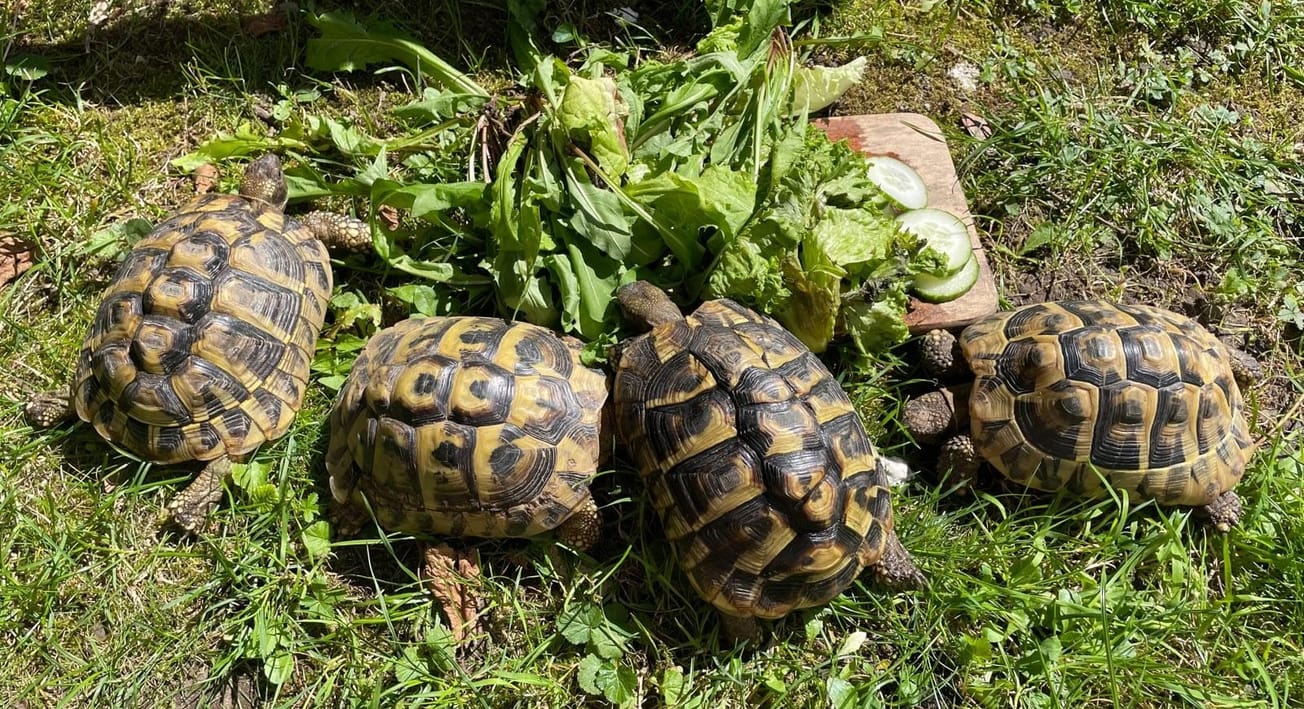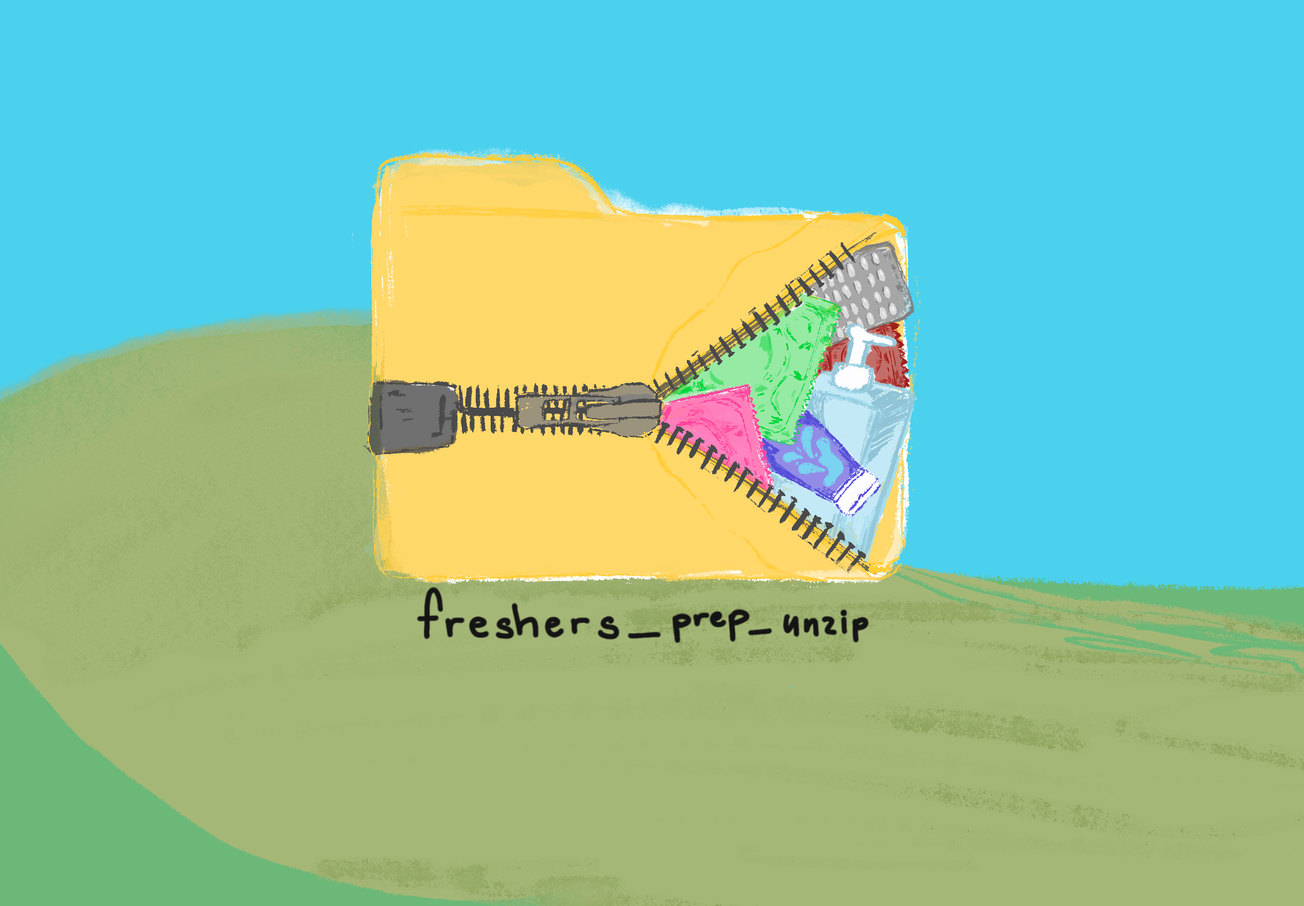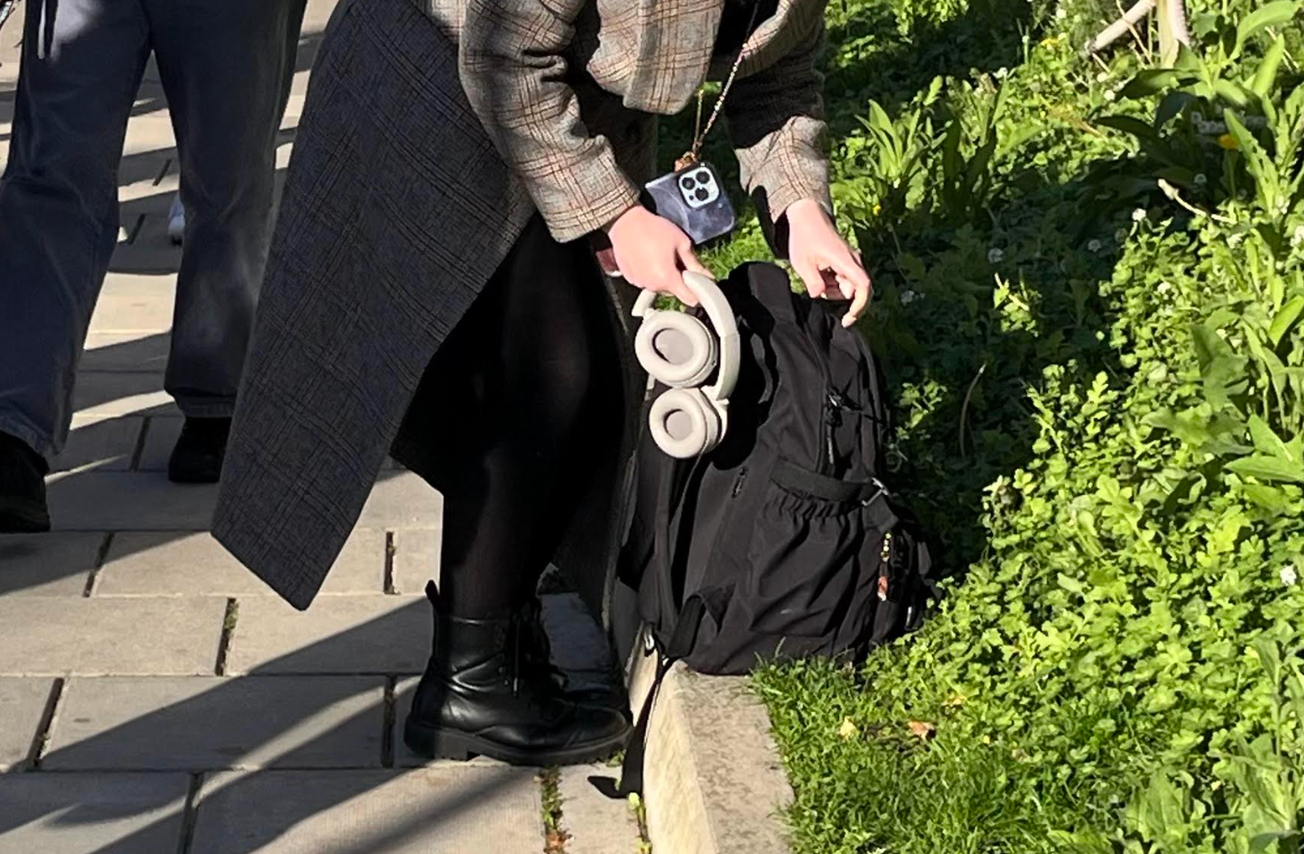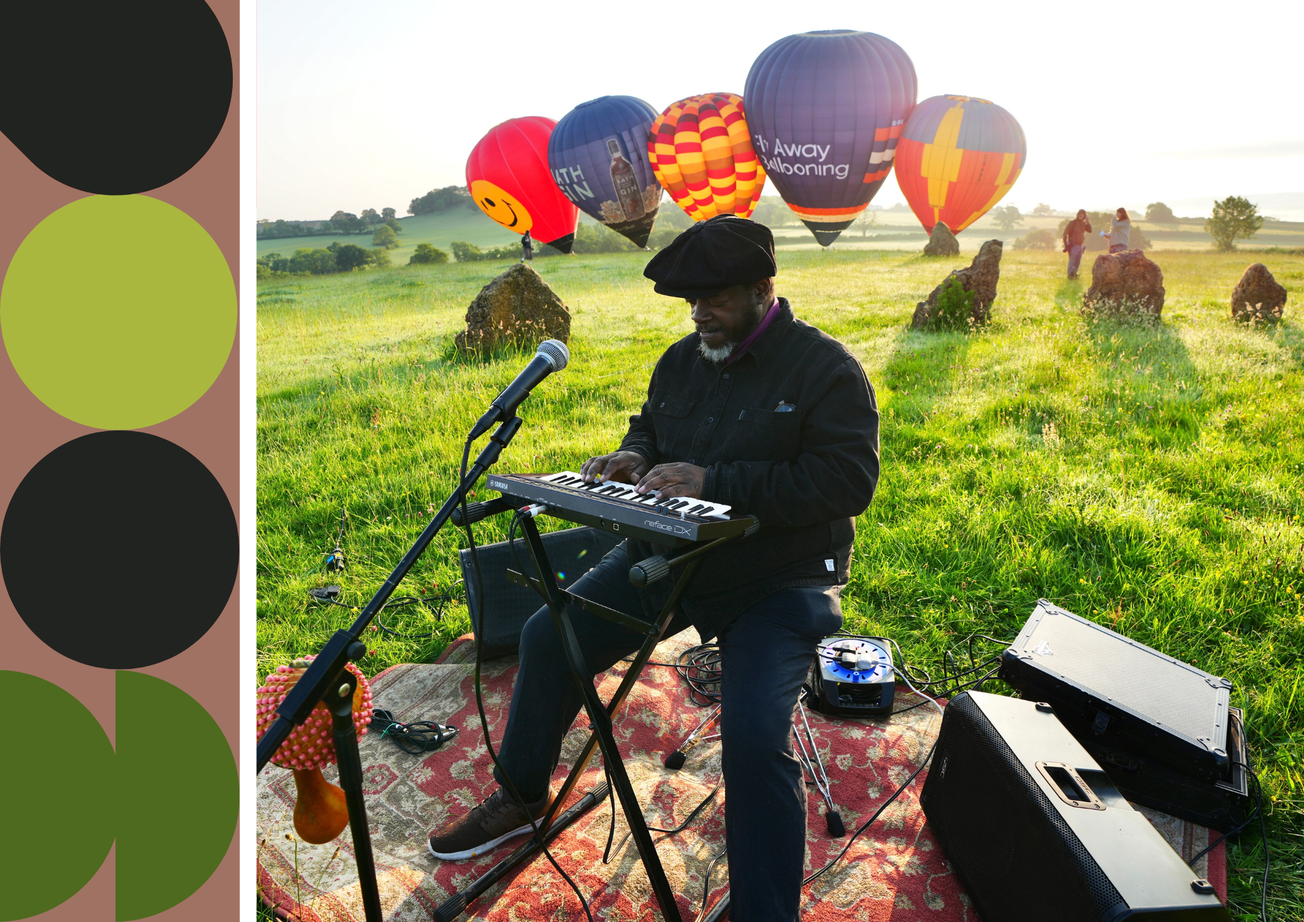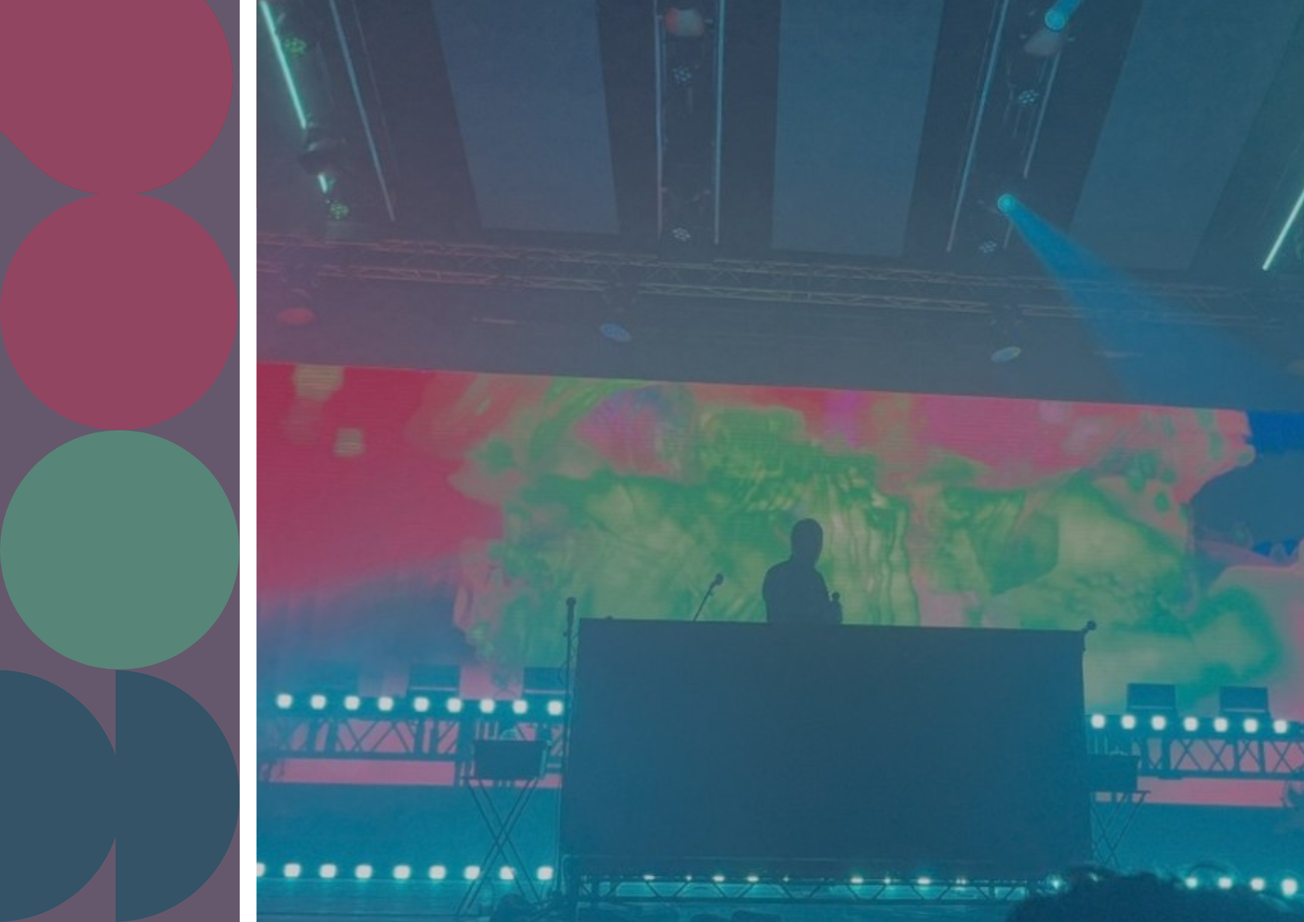By Tiberiu Toca, SciTech Investigations Editor
Two Bristol students have developed a new app, Toogether, which aims to connect groups of students who want to make friends at university. SciTech Investigations Editor Tiberiu Toca interviews its co-founder Damian Stone.
TT: Damian, could you introduce yourself?
DS: Hi, I’m Damian, a computer science and electronics student here at the University. We are trying to make an app for students called Toogether.
TT: So the app is called Toogether - with two o's. Why did you decide to pick this name?
DS: Toogether, because it's to join people, to connect people. We’re trying to connect groups of students, to hang out, and make their university life more fun.
TT: Does what you've said now comprise everything the app does, or is there more to it?
DS: Obviously we have some plans for the future of how we can evolve, but for now - to connect students, to hang out, and have fun. There are a lot of international students here at the University - a lot of people that aren't from Bristol, and sometimes it can be hard to meet people.
And you can create a profile in a group with your friends and then you can go and meet other groups of people. You will have a chat and a match section so you can see other people who want to hang out tonight. And in the future we are thinking of bringing in a map, so you will be able to see all of the things around you that you can do to have fun.
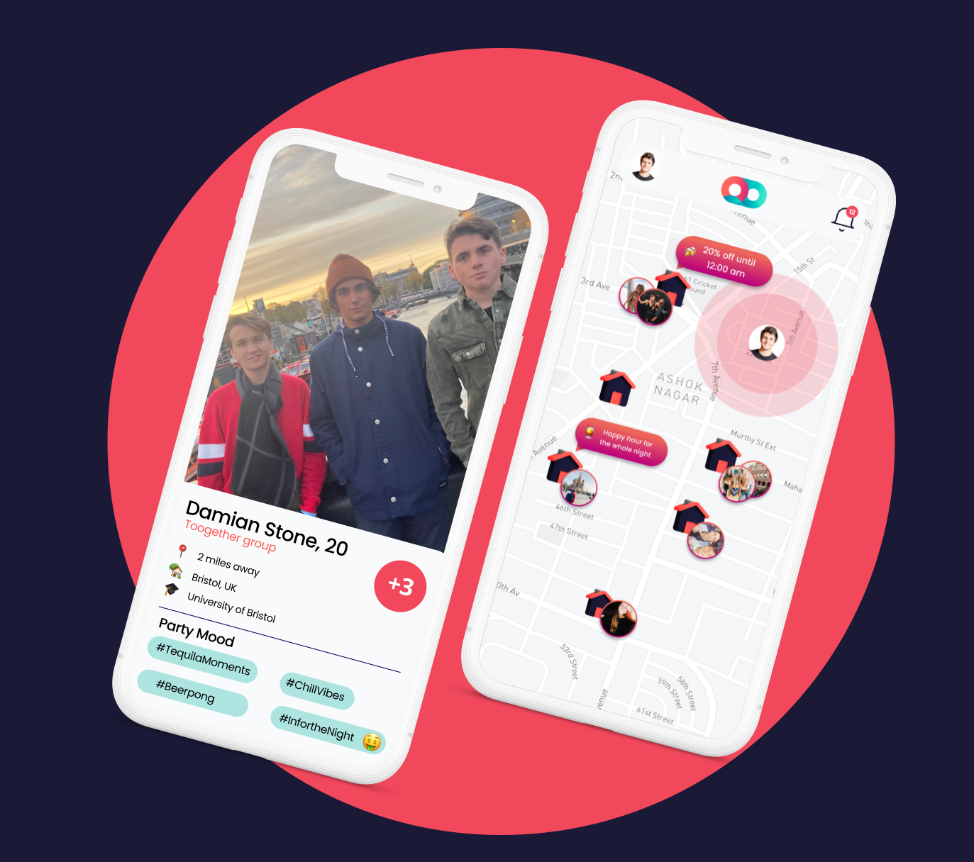
TT: Is your target audience just international students, is it new students...?
DS: I think it can help everyone. International students, British people here, or maybe 3rd or 4th year students who want to meet people from other faculties.
TT: What does your app do differently to other social networking apps?
DS: I think there's a good market for an app for students - there are a lot of universities in the UK and a lot of international students.
For example, you can see many apps are pretty similar. You can post a photo, create a profile, but the context creates a big difference between the interactions of users on LinkedIn and on Facebook. So we believe that our context for students is different from the other apps.
TT: Can you please introduce the team behind the project - is it just yourself?
DS: Now we are a team of two people: me and my cousin, who studies business. He is in charge of all the business and marketing, and I am in charge of building the platform.
TT: How did you come up with the idea for the app?
DS: With the last year, with covid, a lot of people have started using Tinder in groups to have fun and go to parties. And when I started first year obviously I wanted to have fun, to meet people and everything. So maybe we can do this same thing but for the students.
TT: Are you looking to eventually grow this idea, how scalable do you think it is?
DS: Yeah. Now we are in a pre-launch state so we are focusing on developing this first version. But after launch we want to start seeing the metrics and try to find the market feet. So we're going to evolve the product and find out which features work best. Then we plan to grow to other universities in the UK, and eventually in the future it will be an app for young people in general.
TT: So in terms of short term, do you think you have a road map with your app?
DS: We’re focused a lot on getting the first users. After that, we'll start focusing on the metrics - for example daily and monthly active users, user retention. That will tell us if we're finding the market feet.
TT: You mentioned a lot of metrics and different ways of measuring them. Does the app have a dedicated algorithm in place for this?
DS: It depends how you define algorithms - if you're talking about AI, no, but we have our match algorithm. We have an algorithm to see which users are nearby. So we match based on their location, which gender they want to see, everything is configurable in the app.
TT: So when building the app, what were your strategies behind deciding which algorithms to implement?
DS: I think it's a matter of time - being behind your computer ten hours a day. I've been coding for the whole summer. You just try different things and you get it.
I did an internship last summer where I worked with AWS microservices and that helped me understand a lot about software and architecture. And when the internship finished I started working full-time on building the app.
I've always been passionate about software and business so I start to imagine things to do - I really love to create things.
TT: Do you think so much expertise was a necessity to develop this app?
DS: Yeah, sure. But I started coding when I was pretty young. There are a lot of things I didn't know. You just learn on the way as you are developing.
Obviously to make an app, the full thing with a back-end and a front-end, you have to know how those two parts work and if you're using a database, understand those concepts and their limitations very well.
TT: Where are you going to launch the app? Are you looking to deploy this on desktops or any other devices?
DS: It will be on Android and the App Store - we think mobile is the best platform and will be more useful. What we want to do in the future is to split the code, to have an entire code focusing on iOS with Swift and code for Android to improve the performance on each of the platforms.
TT: What is the business model behind this app?
DS: The business model is like a subscription. It includes a map, which contains all of the places, bars, clubs. We’re also looking to partner up with local businesses and venues. We are thinking of how these venues can stand out in the digital world.
We are in contact with places to figure out what would be the best business model. It is still taking more time to develop the app and grow the user base, and then top it with the premium features.
Featured image: Damian Stone / toogether.app
Head to toogether.app to find out more!



